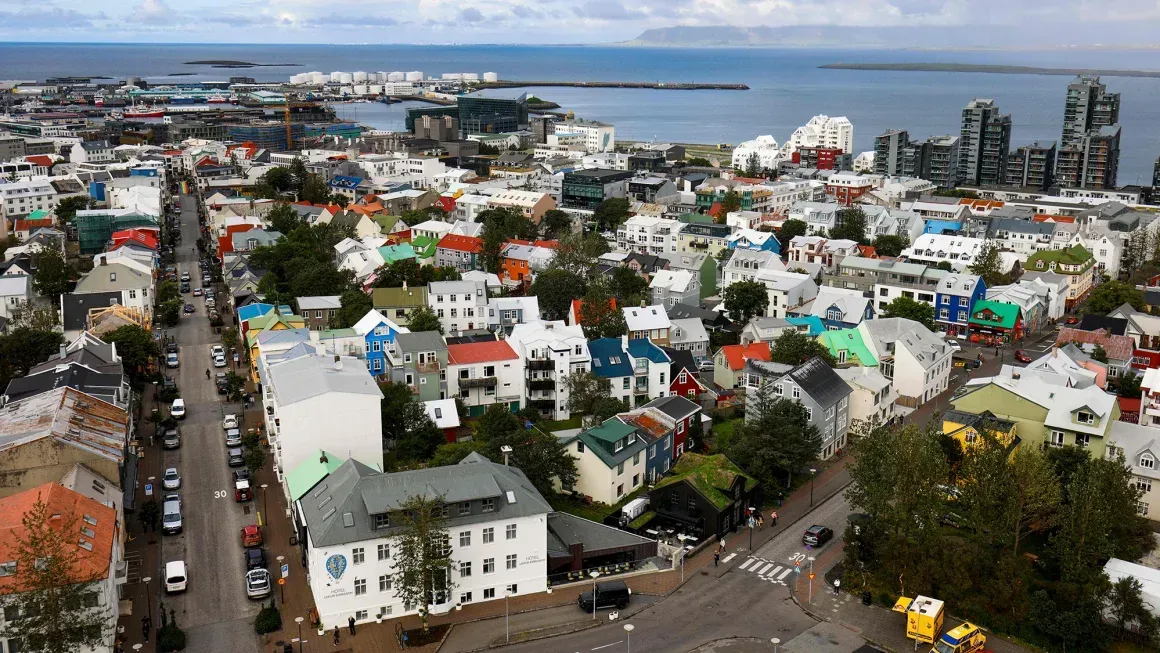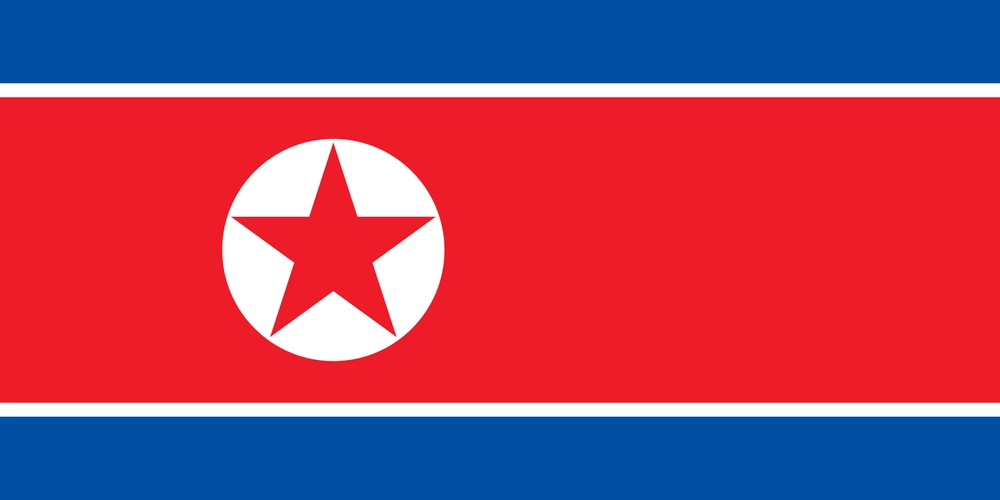
Iceland shows record economic growth after switching to 4-day week - study
Kyiv • UNN
Iceland's economy grew by 5% in 2023 after the introduction of a 4-day workweek without a salary cut. 51% of the country's employees switched to a reduced schedule while maintaining productivity.
Iceland's economy grew by 5% in 2023 after the country's authorities introduced a 4-day working week without loss of pay. According to a new study, Iceland's economic growth rate is now ahead of most European countries. UNN writes about this with reference to CNN.
Details
Last year, Iceland experienced faster economic growth than most European countries, and the country's unemployment rate was one of the lowest in Europe, according to the UK's Institute for Autonomy and the Association for Sustainable Development and Democracy in Iceland (ALDA).
Iceland's economy grew by 5% in 2023, the second fastest growth rate after Malta among rich European economies, according to the International Monetary Fund's latest World Economic Outlook report released this week. This is much higher than the country's average growth rate of nearly 2% in the decade from 2006 to 2015.
According to two think tanks, between 2020 and 2022, 51% of workers in the country accepted the offer of reduced working hours, including a four-day work week. According to them, this figure will be even higher today.
This study demonstrates a real success story: reduced working hours have become widespread in Iceland. Their economy is strong in a number of ways
The Autonomy Institute and ALDA also stated that the low unemployment rate in Iceland is "a strong indicator of the vitality of the economy.
Add
During an experiment to reduce the workload, civil servants in Iceland worked 35-36 hours a week without a pay cut. Many participants had previously worked 40 hours a week.
The experiment initially involved 2,500 people - more than 1% of the working population of Iceland at the time - and was aimed at maintaining or increasing productivity while improving work-life balance. The researchers found that productivity remained the same or improved in most workplaces, while employee well-being "dramatically" increased across a range of indicators, from perceived stress and burnout to health and work-life balance.
After litigation, Icelandic trade unions agreed to reduce working hours for tens of thousands of their members across the country.
Recall
At the same time, in Greece, starting from July 1, 2024, many employees will be required to work six days a week as part of a labor law reform aimed at combating "black employment" and simplifying management in companies.







































